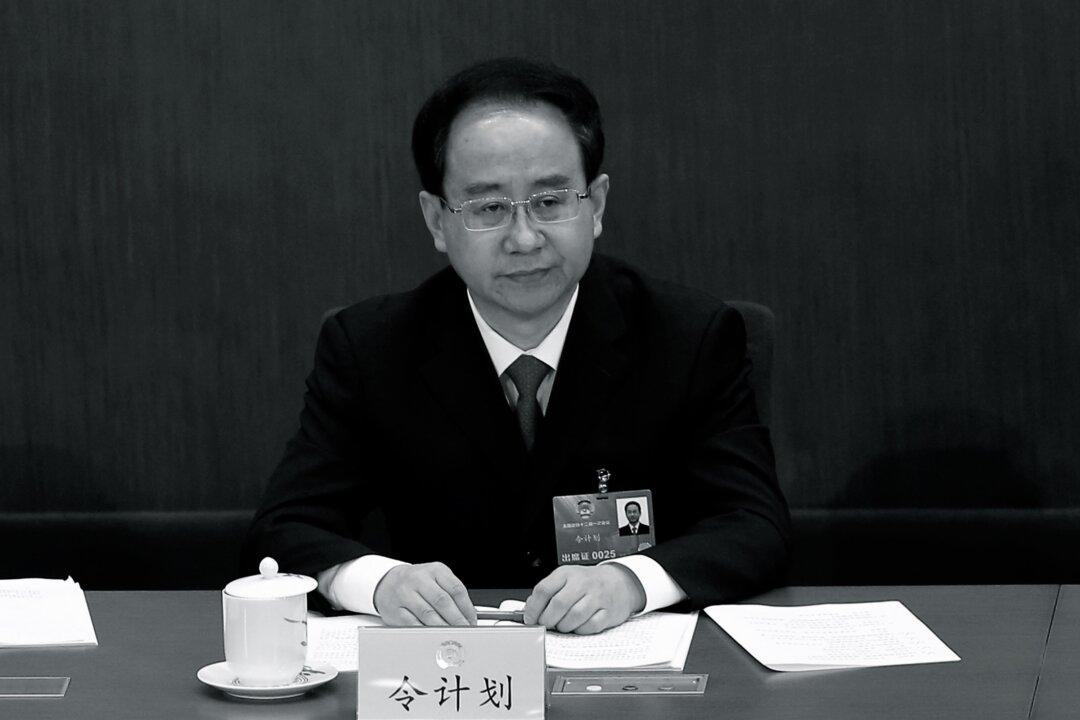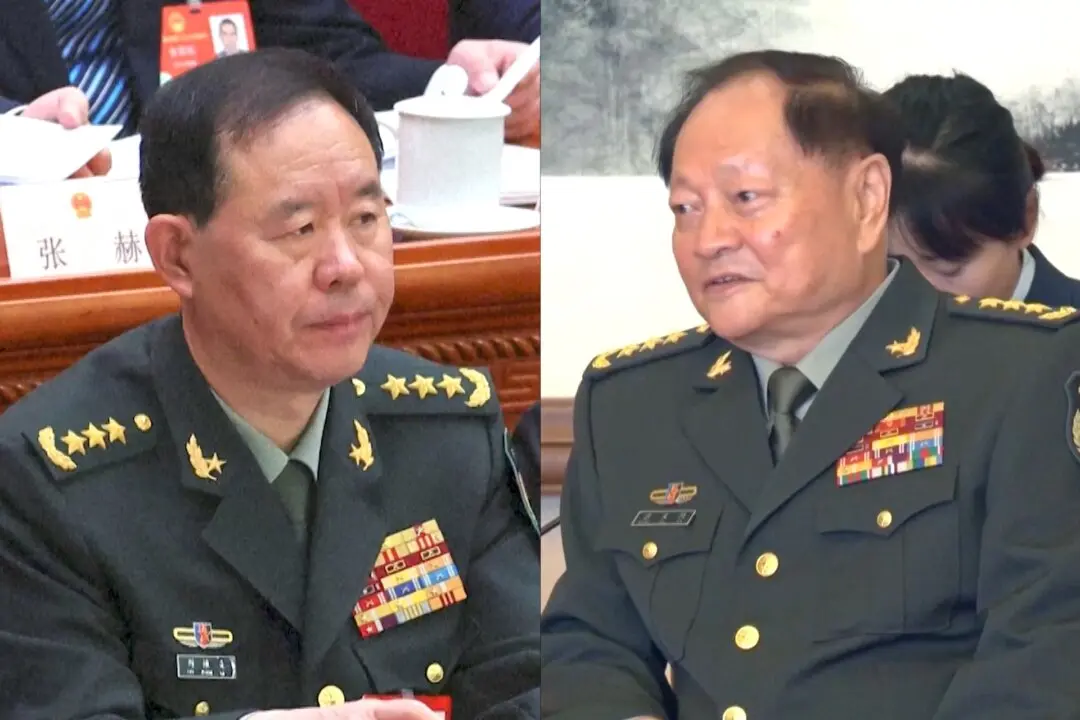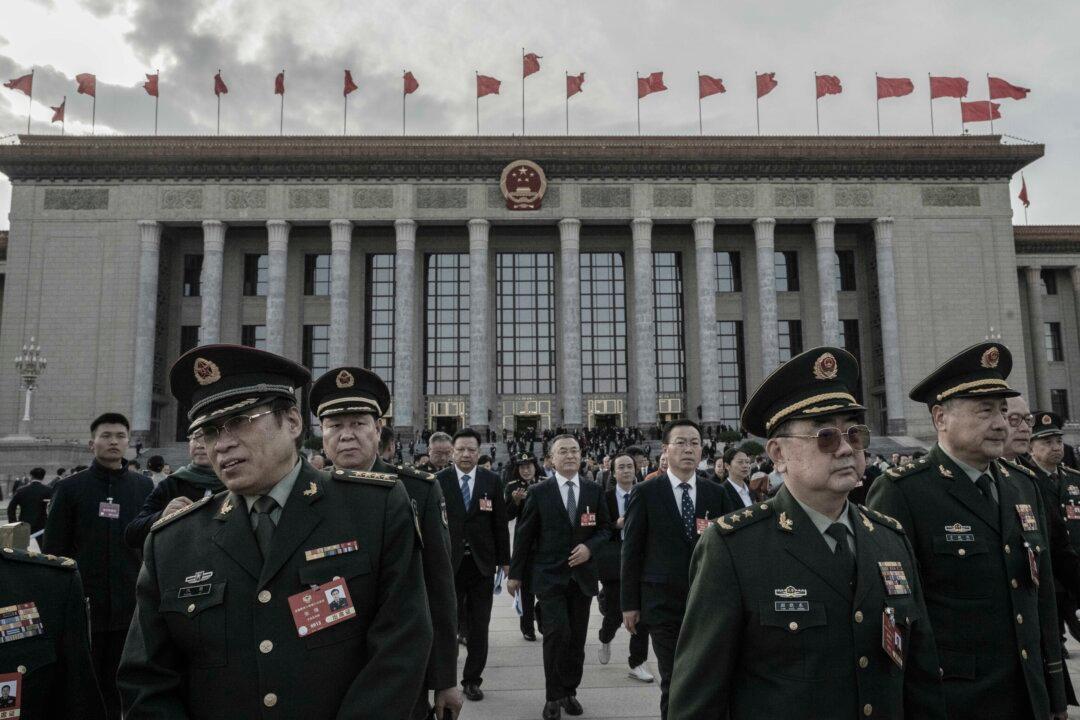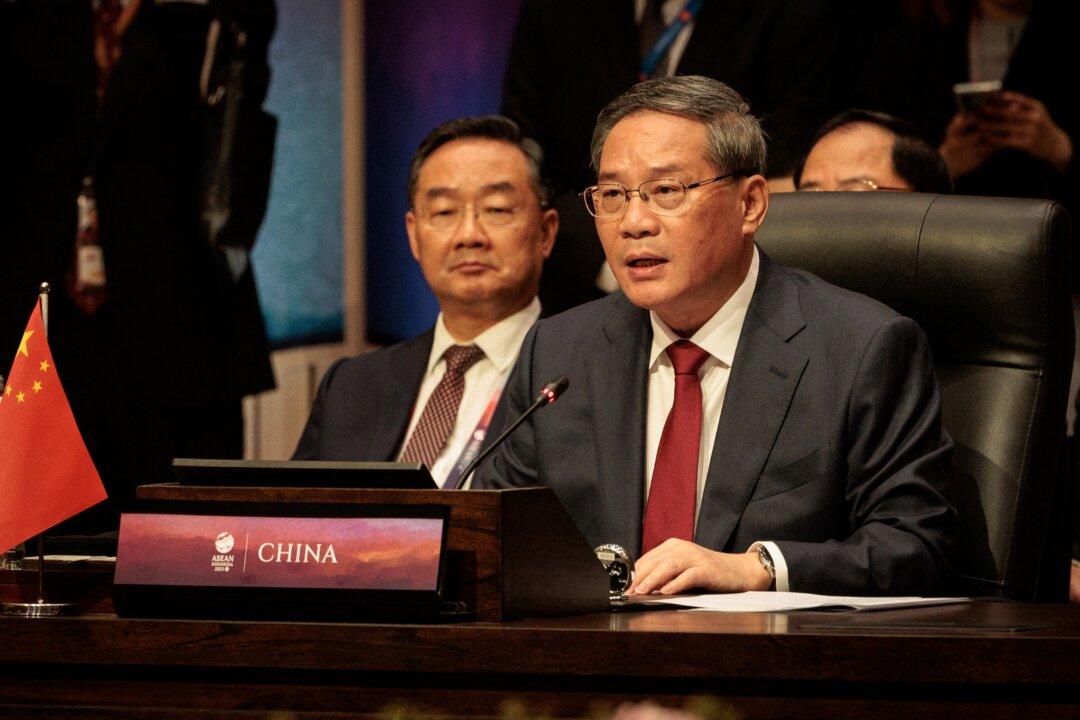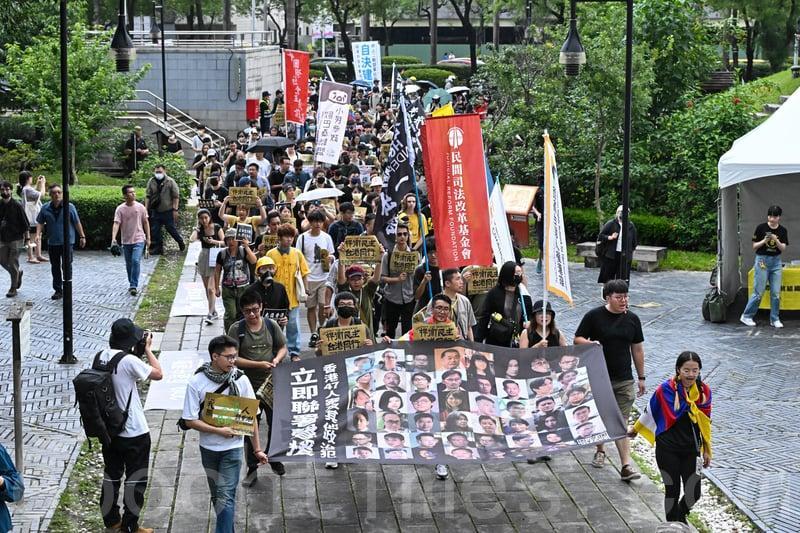Taiwanese businessmen working in China are feeling the heat of the ongoing anti-corruption campaign and are looking to get out of China. What had been a favorable business environment has rapidly changed, as the high-ranking Party officials who looked after their businesses have been purged, according to freelance Taiwanese writer Hong Boxue in his article published on the independent news website Taiwan People News on Jan. 10.
In an article entitled “Taiwanese Businessmen Seeking Ways to Escape China,” Hong said that Taiwanese businessmen who are deeply entrenched in China’s business culture of having a “protector,” are in a difficult spot after the fall of big tigers like Bo Xilai, Zhou Yongkang, Xu Caihou, and Ling Jihua.
“Big tigers” is jargon for very high-ranking Chinese Communist Party officials. Zhou Yongkang was formerly the head of domestic security in China and Xu Caihou was a second in command of China’s military.
